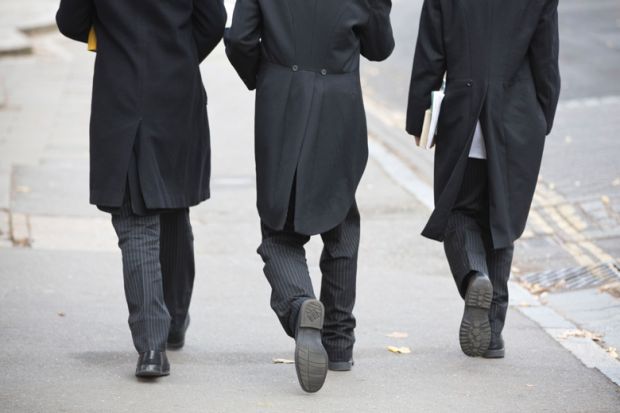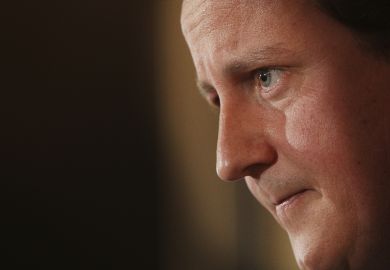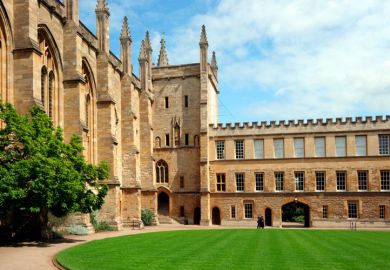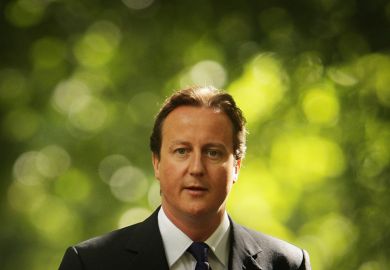It is a “total cop-out” to blame inequality in university admissions on the schools sector, a former director-general of the BBC said.
Greg Dyke, who stepped down as chancellor of the University of York last year, said that leading institutions could tackle the problem themselves by lowering entry requirements for bright students from state schools.
Mr Dyke, who was speaking at the inaugural conference of the Bridge Group in the wake of David Cameron’s criticism of inequality in university admissions, said that he had heard a “whole range of vice-chancellors” claim that it was “schools that are failing pupils from working-class backgrounds, and you can’t blame universities”.
“I think that argument is a total cop-out,” Mr Dyke said. “It’s not beyond the wit of man to realise that kids who go to elite private schools are likely, for a whole range of reasons, to get better A-level results than some equally bright kids who came from poorer areas and went to more difficult schools.
“If that’s so, surely it’s not asking too much of the top universities to take that into account when deciding who to take.”
A 2013 study found that 37 per cent of universities already considered information such as school type during offer-making, and that more planned to follow suit.
Mr Dyke, chairman of the Football Association, said that there was a “mass” of evidence to show that undergraduates from poorer backgrounds outperformed private school students with similar prior attainment once they got to university.
He said: “Why don’t universities recognise that three As from Eton is not the same as three As from a…comprehensive school…why don’t the elite universities make getting in easier for those kids?”
Mr Dyke also said that York had considered the Russell Group to be a “ridiculously elitist, irrelevant organisation”, until it was invited to join the mission group.
He struck a different tone to Koen Lamberts, York’s vice-chancellor, who told the same event that there was a risk that “recent focus on universities as agents of social mobility” would lead to policymakers “ignoring the data” which show that inequality is a “broad societal issue”.
Meanwhile, Lord Macdonald, warden of Wadham College, Oxford, warned that perceptions of elitism in leading universities “can be reinforced by some of the media interventions we see from politicians”.
POSTSCRIPT:
Print headline: ‘Total cop-out’ on access inequality
Register to continue
Why register?
- Registration is free and only takes a moment
- Once registered, you can read 3 articles a month
- Sign up for our newsletter
Subscribe
Or subscribe for unlimited access to:
- Unlimited access to news, views, insights & reviews
- Digital editions
- Digital access to THE’s university and college rankings analysis
Already registered or a current subscriber?







